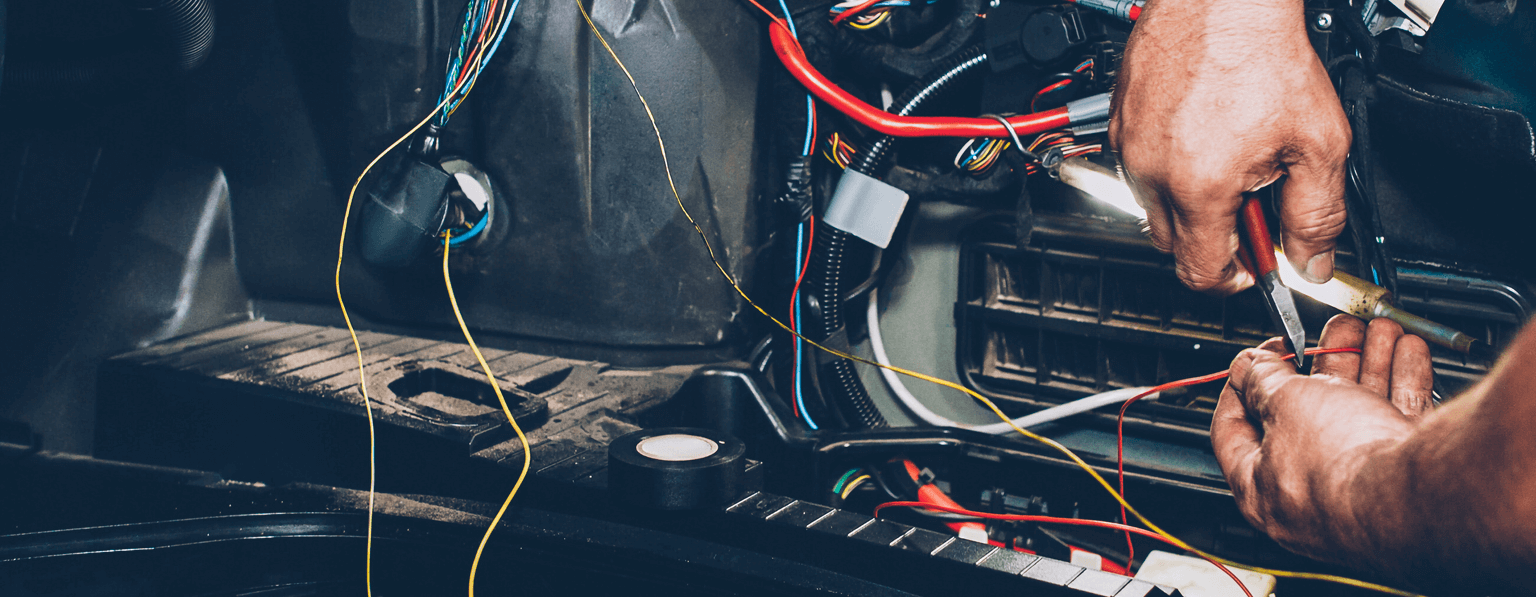Last Updated on April 4, 2024
In the modern age of transportation, electric cars (EV) have become a popular method of transportation for many people. With the benefit of not consuming fossil fuels, electric cars are steadily gaining a positive reputation. But when people are looking into EV’s, they often wonder are electric cars less maintenance than gas-powered cars?
Electric cars are less maintenance than gas-powered cars since they do not have an internal combustion engine. With an electric vehicle, you don’t need to worry about the timing belt, spark plugs, fuel filters or oil changes. In fact, Climate Connections asserts that electric vehicles cost 40% less to maintain.
While electric vehicles are definitely easier to maintain, they do require some different kinds of maintenance. Let’s examine why EV’s are easier to maintain. Then examine what kind of maintenance you’ll need to do to keep your electric vehicle in tip-top shape.
Now, let’s dive deeper into the details.
Why Are Electric Vehicles Less Maintenance?
There are several reasons that electric vehicles are easier to maintain, but most of them are due to the fact that you don’t have to worry about maintaining an internal combustion engine (ICE).
In fact, EVs eliminate more than two-dozen mechanical components that would normally require routine maintenance. Since there are fewer moving parts, electric vehicle motors are less likely to experience a malfunction.
In an ICE vehicle, oil is necessary to lubricate moving components to prevent it from overheating or seizing up. Whereas any EV vehicle, for example, is instead powered by the electricity in the battery that rotates the car’s motor.
As such, ICE vehicles need to have their oil changed regularly while EVs don’t need oil changes at all.
EVs also require less maintenance when it comes to the brake system thanks in part to their regenerative braking systems. The regenerative braking system not only boosts battery efficiency, but also reduces wear and tear on the brake pads.
This will save EV owners lots of money in the long run.
What Kind of Maintenance Do Electric Vehicles Need?
While electric vehicles have a clear advantage when it comes to maintenance, there are still a number of things you’ll need to keep an eye on.
Of course, components that are similar in cars across the board will require similar maintenance such as the lights, cabin filters, brake fluid, transmission fluid, HVAC refrigerants, coolant, suspension, tires, and windshield wiper blades.
However, when it comes to EV-specific repairs the battery is one of the biggest expenses you can expect to face down the road. Once the warranty on your battery is up, it may become less reliable. Depending on make and model of EV, expect to pay anywhere from $13,000 to as high as $20,000 for battery replacement and labor.
EV Battery Maintenance
During the lifespan of your battery, manufacturers recommend that you don’t let the battery drop all the way down to 0% since doing so may damage some of the onboard electric components. In fact, most EV automakers require a twice-a-year service check for the battery system.
EV batteries can be expensive outside of warranty. But as the popularity of EVs increases, expect these prices to drop. However, EV batteries are designed for 8 to 10 years of solid operation before needing to be replaced.
EV Software Maintenance
The electric car in many ways is just a computer on wheels. It’s controlled by software, instead of having complex mechanical systems. As such, all functions are managed through computers. Computers running complex software is responsible for regulating critical functions such as the motor controller and regenerative braking systems.
Keeping the software up-to-date is important to maintaining maximum battery efficiency and passenger safety. However, rather than having to make a trip to the dealer, many EVs accept software updates “over the air.” This makes maintaining your EV vehicle’s software effortless.
There are two types of electric car software updates. The first type covers bug fixes, improvements, and new features. While the second type affects the main system software, which controls how your vehicle drives.
The best part about keeping up-to-date on updates is that you’ll often get new features and improved functionality for free without having to lift a finger, or visit the car dealership.
EV Tire Maintenance
Since electric vehicles are generally heavier and have a higher rolling torque than their ICE counterparts, you’ll want to ensure your tires are rotated often to avoid uneven tread wear.
EV’s are known for their instant high acceleration which can make driving feel more exciting. The downside? This instant power comes at a cost as it places additional strain on your tires. This is why electric vehicles come from the factory with tires specifically designed for EVs.
In fact, CNET.com reported that a standard road tire will wear 30% faster when installed on an EV. This is due to the higher rolling torque of an EV. As an EV owner you’ll be replacing tires a third more often than those who drive traditional cars.
A common question we hear at MCV is, are EV tires more expensive than their traditional gas or diesel powered vehicle tires? On average yes, and it’s because of the unique demands that EVs place on a set of tires.
Final Thoughts
As more people turn to electric cars to help the environment, many are considering the pros and cons of EVs. Often asking the crucial question: are electric vehicles less maintenance?
If you’re looking for a car that is low maintenance and environmentally friendly, an electric vehicle may be the perfect choice for you.
Although the initial cost of purchasing an EV can be more expensive than a traditional gas-powered car, over time you will save money on maintenance costs.
Have you had any good or bad experiences with maintaining your electric car? Tell us about your experience in the comments below.

Managing Editor
Christopher is an automotive technical writer. When he’s not at the local autocross event, he can often be found working on one of his cars. Specializes in automotive class action law, industry trends, and automotive maintenance. Email me direct, or learn more about us

